Pinging in the changes – update on text messaging in screening

PHE has collaborated with Imperial College London to improve our guidance around text message reminders in the NHS screening programmes.

PHE has collaborated with Imperial College London to improve our guidance around text message reminders in the NHS screening programmes.
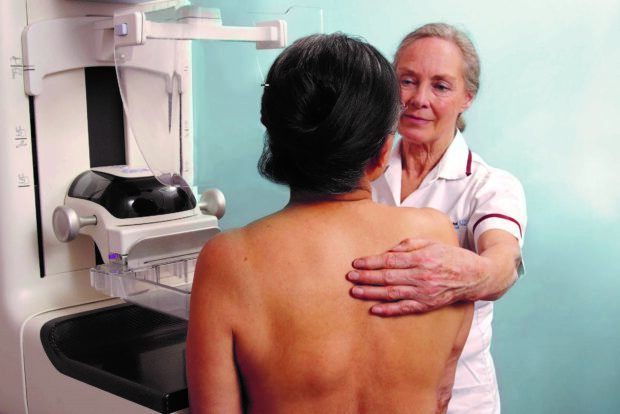
New national guidance published to support providers in addressing inequalities throughout the breast screening programme pathway.

New national guidance published to support antenatal and newborn (ANNB) screening providers in addressing inequalities throughout the screening pathway.

Short film helps reassure people about the measures in place to keep them safe at diabetic eye screening appointments.
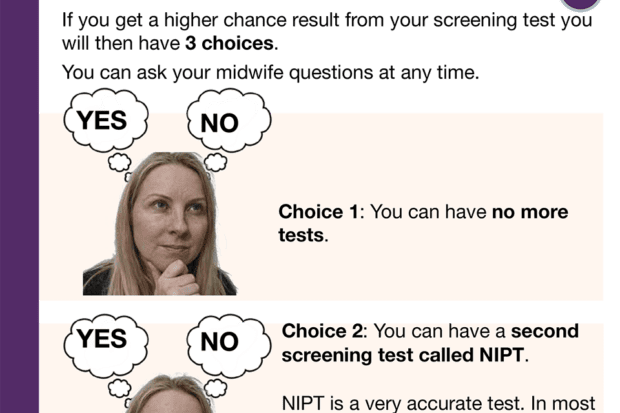
Updated easy guide published that explains NHS screening for Down’s syndrome, Edwards’ syndrome and Patau’s syndrome, including information about non-invasive prenatal testing (NIPT).
A new short film emphasises the importance of attending regular diabetic eye screening (DES) for everyone living with Type 1 and Type 2 diabetes.

A national audit of quality assurance visits to local screening services found that SQAS teams consistently address inequalities in visits across all screening programmes.
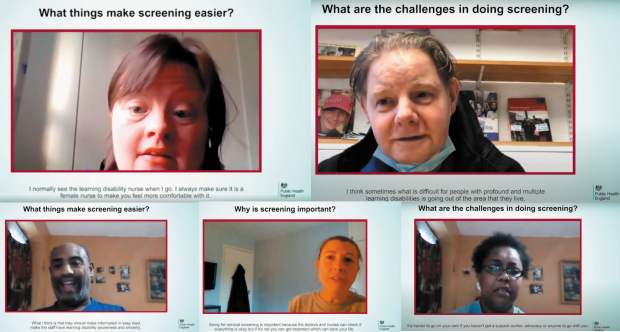
New national guidance for health professionals to support people with learning disabilities to understand and access the NHS screening programmes.
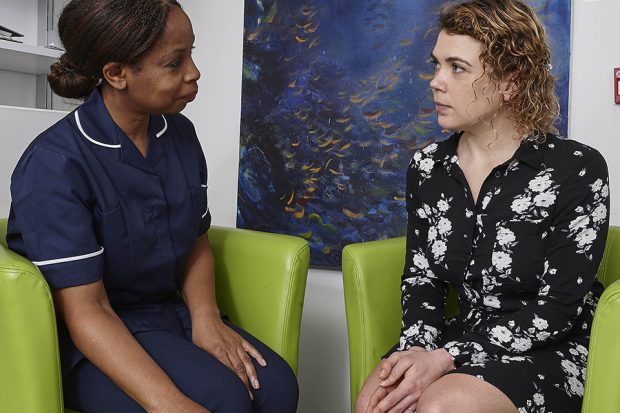
New national information resource published for people who find it hard to attend cervical screening appointments.
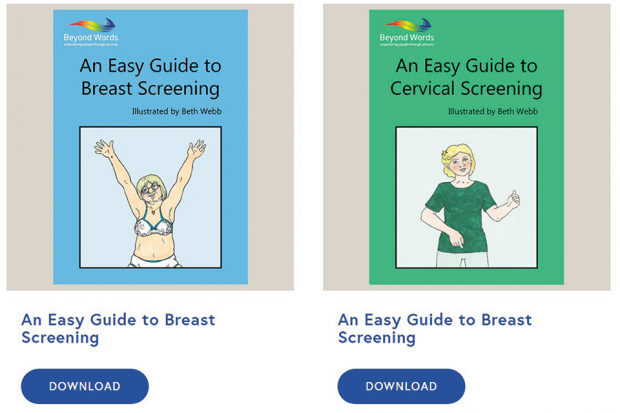
Charity Beyond Words has updated its wordless picture stories about bowel cancer screening, breast screening and cervical screening for people with learning disabilities and/or autism and others.